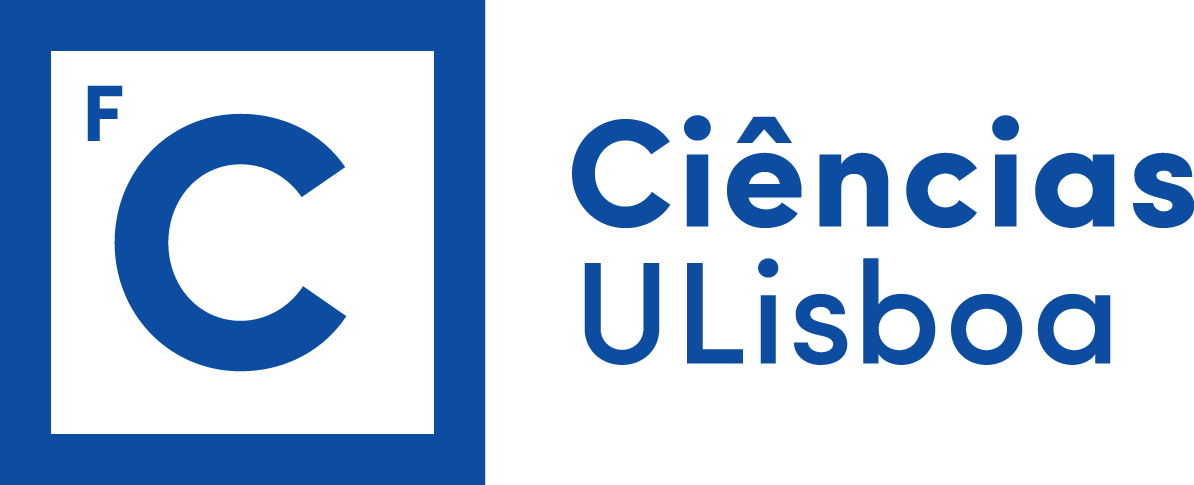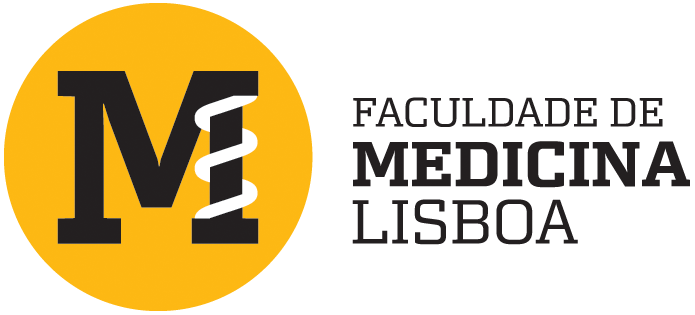
Programme Overview
Medical Physics applies the principles of physics to the field of medicine. It plays a fundamental role when using ionising radiation for radiodiagnosis, nuclear medicine, radiotherapy, and radiological protection. It also involves using non-ionising radiation for diagnostic and therapeutic purposes, including magnetic resonance and ultrasound. Medical physics professionals may also work in areas such as bioelectricity, thermography, or hyperthermia.
The Master’s Programme in Medical Physics is a joint initiative between Técnico, the Faculty of Sciences and the Faculty of Medicine of Universidade de Lisboa. The programme is designed to address the demand for highly skilled professionals in this field in Portugal.
Programme Structure
The 2nd Cycle in Medical Physics has a duration of 4 semesters (2 years), equivalent to 120 ECTS. The structure is depicted below.
-
1st Year
-
54
-
6
-
-
2nd Year
-
18
-
6
-
6
-
30
-
-
Core Structure (72 ECTS)
The Master’s Programme in Medical Physics delves into the concepts, laws and models of physics with a view to applying them to medicine. The basic training in physics and maths is further developed in subjects such as radiation physics, dosimetry, medical devices, nuclear physics applied to medicine, radiological protection, information systems, etc. In addition, students will be trained in fields of medical sciences, such as anatomy, physiology and pathology from a diagnostic and therapeutic perspective, which are fundamental to their performance. Aspects relating to hospital organisation, general legislation and professional ethics will also be covered. This follows the provisions of Ministerial Order 254/2021 and the recommendations of the European Commission and the European Federation of Organisations for Medical Physics (EFOMP).
-
Free options (12 ECTS)
A wide range of curricular units are available at the three partner Schools, including medical and life sciences, engineering sciences, physics, biomedical engineering, mathematics, computer science, and economics.
-
Project (6 ECTS)
In order to integrate the knowledge, skills and competencies acquired in the course, the Project in Medical Physics curricular unit aims to prepare the dissertation topic and plan the work to be developed in the Dissertation.
-
Dissertation (30 ECTS)
The dissertation is the final assignment of the study cycle, which allows students to focus and specialise on a specific subject that may take any of these formats:
- Scientific thesis
- Internship at a company
Target Audience
The Master’s Programme in Medical Physics is intended for graduates in Physics, Physical Engineering, Biomedical Engineering, and other fields with strong physics and mathematics component.
The programme is taught in Portuguese however may there be international or mobility students enrolled, the curricular units will be taught in English.
Career Opportunities
Master’s graduates in Medical Physics can work in various sectors such as Health, Industry, Environment, Research and Regulation in the fields of Radiotherapy, Nuclear Medicine, Diagnostic and Interventional Radiology, Dosimetry and Radiological Protection. Their responsibilities include ensuring the quality of medical devices, conducting quality control procedures and ensuring the safety of patients and healthcare professionals following national and international standards. Additionally, they contribute to the development and optimisation of new devices and techniques, as well as provide training in their field.
Master’s graduates can obtain certification as Specialists in Medical Physics through a process promoted by the Central Administration of Health Systems (ACSS) in accordance with Ministerial Order 96/2024/1 of 11 March.
Master’s graduates in Medical Physics are able to carry out activities such as:
- Development, implementation and optimisation of medical technology for diagnosis and therapy;
- Development of quality assurance and control programmes for medical devices;
- Ensuring the safety and protection of users, healthcare professionals, the public, and the environment from radiation;
- Scientific research and development of new equipment and processes for diagnosis and therapy;
- Comercialisation of products, equipment, and processes;
- Working in competent and inspection bodies;
- Consultancy, leadership, and management;
- Professional training and teaching.
Entry Requirements
To apply for a 2nd Cycle at Técnico you should:
- hold a 1st cycle degree in Science and Technology (except in the case of the 2nd cycle in Architecture, which requires a 1st cycle degree in Architecture);
- hold an academic, scientific or professional curriculum that certifies their ability to do the MSc programme which they apply for.
Candidates are selected according to the following criteria:
- Scientific affinity between the degree they hold and the Master’s programme they apply for;
- Type of degree they hold;
- Academic success in the programme they attended.
Note: if requested, we may appreciate the academic, scientific or professional curriculum and the candidate’s performance during the interview.
Students’ Organisations
Técnico students autonomously and proactively stimulate projects that complement their academic background. For example, Students’ Organisations provide them with skills and added value, making them more competitive in the labour market.



